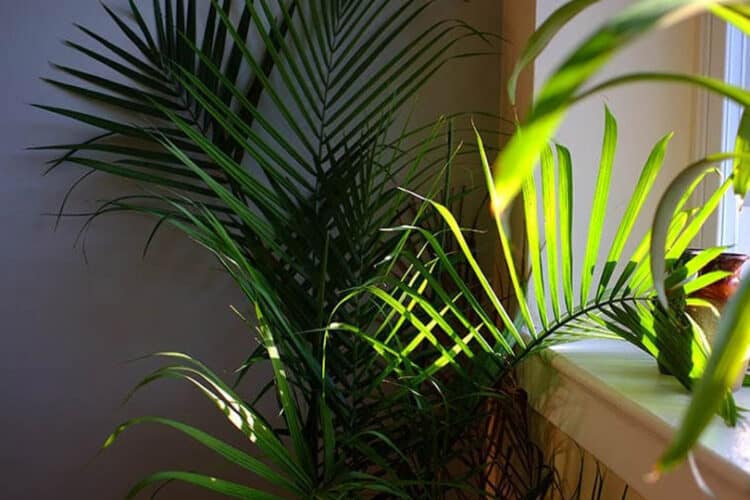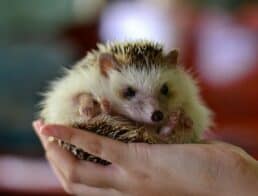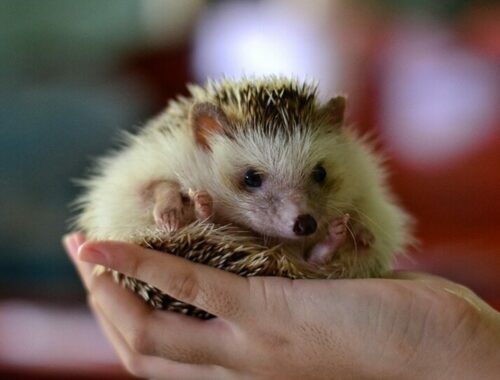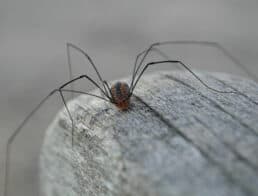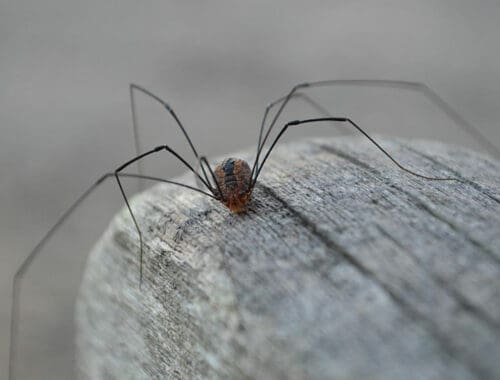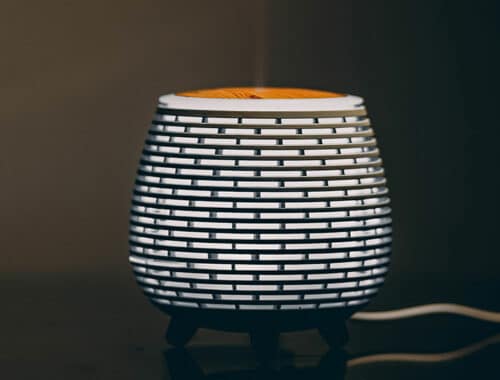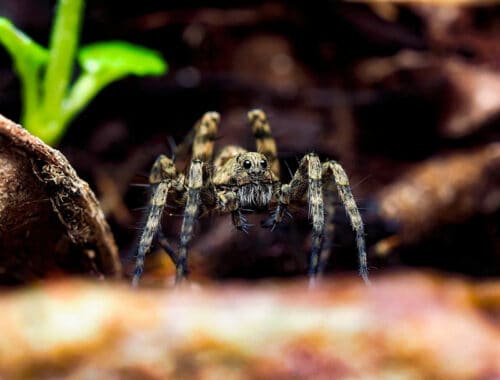Despite being obligate carnivores, cats always seem to nibble on things that they shouldn’t. This can include house plants. Depending on the plant, this can lead to upset tummies and sometimes, serious poisoning.
Majesty Palms are common in many households due to their hardiness and easy-to-care-for nature. Their popularity doesn’t just extend to humans. These plants are intriguing to felines too, and many cats enjoy chewing on the leaves and stems. Fortunately, Majesty Palms are completely safe for pets, whether they’re felines or canines.
What Are Majesty Palms?
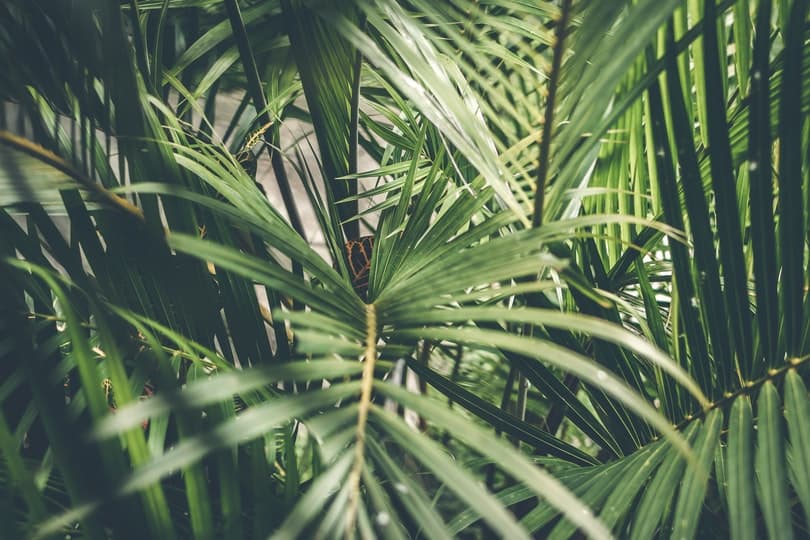
Also known as Majestic Palm, the Majesty Palm (Ravenea rivularis) is a tropical plant native to Madagascar. With a regal and tidy appearance, the Majesty Palm is a robust and hardy plant. While it can grow up to 90 feet tall in its native environment, it’s slow growing and easy to care for.
Are Majesty Palms Toxic to Cats?
Unlike plants with similar names, like the Sago Palm, the Majesty Palm is non-toxic to cats, dogs, and horses. Eating it won’t cause any serious damage to your cat, but it also doesn’t give them any health benefits either, so it’s best if you don’t encourage the behavior.
In the worst-case scenario, if your cat eats too much of your Majesty Palm all at once, they might get a stomachache, especially since cats aren’t built to digest plant matter. While this is uncomfortable for your cat, the discomfort should pass on its own within a day or so. Eating the plant itself won’t kill them.
What to Do If Your Cat Eats a Majesty Palm
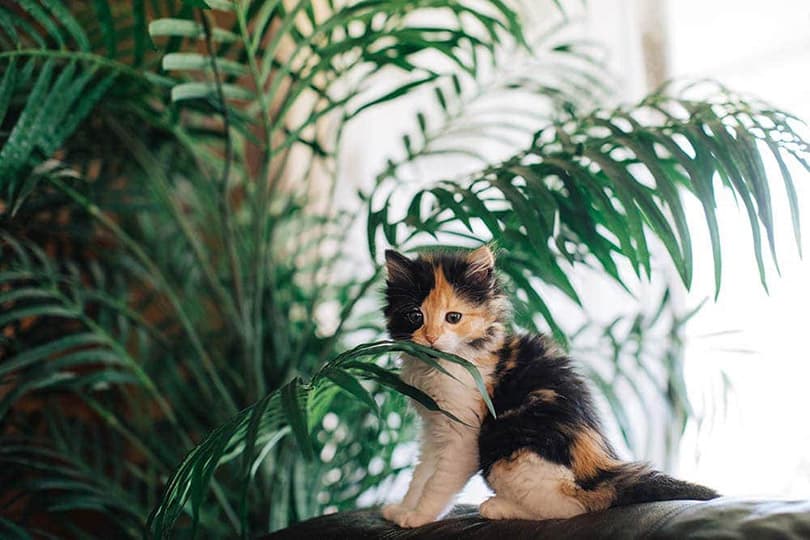
Since you know that a cat’s diet mostly consists of meat, catching them gnawing on grass or your favorite houseplant can be concerning. Since the Majesty Palm is harmless, however, there’s no need to worry about your cat having a severe adverse reaction.
Using deterrents like cayenne pepper or distracting your cat with other activities can help you keep your cat and your plant safe. Positive reinforcement when your cat leaves your Majesty Palm alone can help you train your cat to ignore the houseplants.
If your cat makes a habit of eating plants, you should try to find out why. Two of the most common theories for cats eating plants are self-medicating against gastrointestinal issues or to supply nutrients that they’re missing.
In either case, talking to a veterinarian is a good way to rule out underlying medical conditions and ensure that your cat is eating the right food. Cats can also suffer from a condition known as pica, where they eat non-food items all the time.
Keep in mind that chewing on objects is also your cat’s way of exploring the world around them. Since they don’t have hands, their mouth is the next best thing. If they smell something interesting, they might take a bite to learn more about it. Your cat might not nibble on the plant to eat it but instead swallow it accidentally.
Final Thoughts
Unlike many other common house plants, Majesty Palms are safe for cats. Eating too much of the plant can cause minor stomach upset, though, so it’s best if you take steps to prevent your cat from eating your plants, for both the plant’s sake and your cat’s. You can do this by putting cayenne pepper on the leaves or distracting your cat with more interesting activities.
Featured Image Credit: Pixelbender36, Shutterstock


